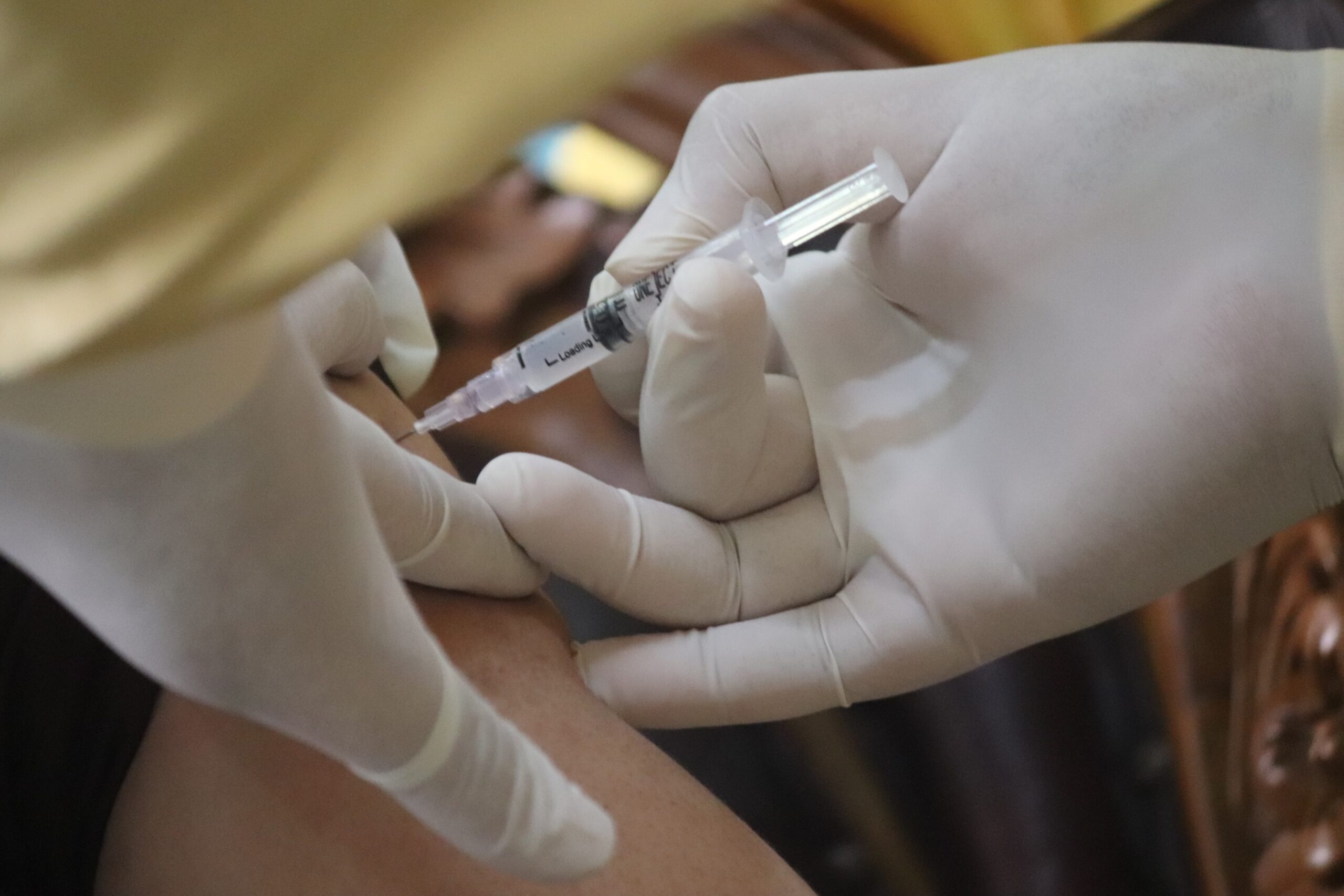After an unremittingly grim start to 2021 in many countries, the Covid picture across much of the world has become somewhat less gray in recent months. As vaccine rollouts progress in increasing number, infection, hospitalization and death rates are falling off. It seems, at this point, unlikely that people will be advised to spend Christmas apart, or that major sporting events will take place behind closed doors for much longer.

Nonetheless, it would be unwise to make too many predictions – last summer, things seemed to have eased off significantly and there was widespread optimism that we’d seen the worst of the virus. That proved to be inaccurate, as we now know, and although we have the positive news from the vaccine, we also have only to look at the way India has been affected in recent weeks to see that the virus still has dangers. For the following reasons, we should still be cautious over Covid.
Vaccines are effective, but…
All of the evidence we have so far shows that the publicly available vaccines for Covid-19 are effective in protecting against serious illness and infection, including from the known mutations of the virus. That’s the good news. The bad news is that at this point, we don’t and can’t know how long this immunity lasts. That’s something that will only become clear with time. As of right now, less than half of the population is fully vaccinated, which isn’t ideal news because the unvaccinated can get infected, become ill, and become the source of further mutations against which the vaccine may not be so effective.
We don’t know the long-term effects
Some people get infected with Covid have little more than a dry cough for about a week, and are then fine, with the added protection of antibodies. Others aren’t so lucky, and even if the virus doesn’t prove fatal, the after-effects can be concerning. People who first fell ill last year among the first wave are still experiencing brain fog and tiredness. Could Covid-19 cause neurological problems? It’s more than possible – and even people who have made a full recovery in the present may face later-life complications such as an increased risk of dementia.
We need to protect those who can’t have vaccines
Some people argue that the vaccine is unnecessary and even dangerous. There are other people who aren’t getting the vaccine, however, and their reasons are worth thinking about. People in treatment for serious illnesses, those who have had organ transplants, and others with autoimmune disorders simply can’t be vaccinated, and that’s why it’s all the more important that those who can, do. Until such time as we are, it is wise to maintain the precautions we’ve been taking, because at least 80% and closer to 90% need to be inoculated before herd immunity can be considered to have been achieved.
Contributed Content

